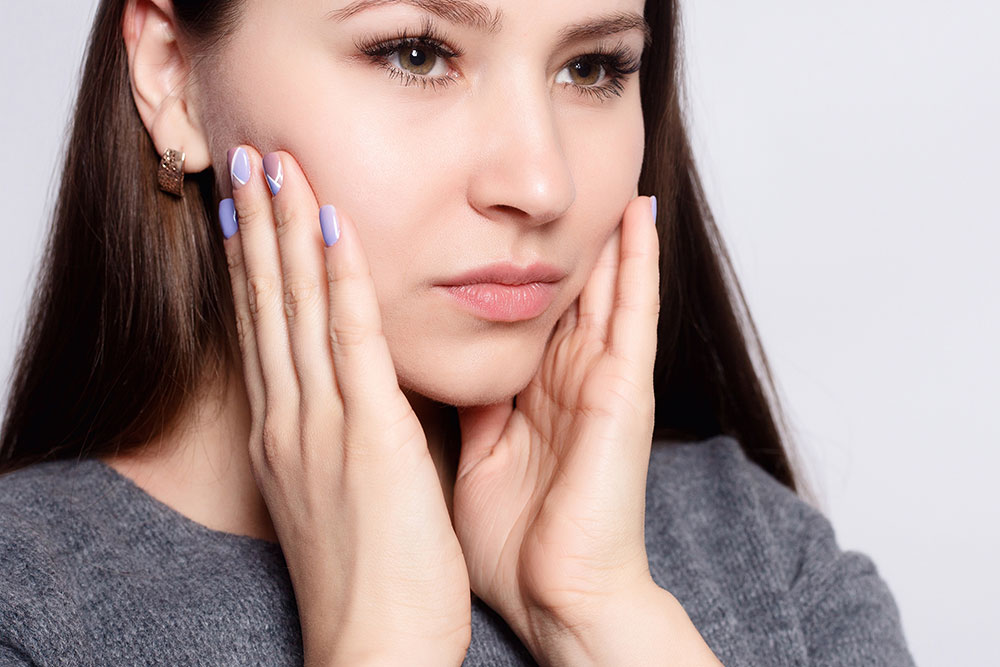TMJ is the abbreviation for the temporomandibular joint. This joint is near your ears and connects the upper jawbone to the lower jawbone and your skull.
A TMJ disorder occurs when the joint causes pain or has a reduction in movement. TMJ disorders may be caused by several combined factors, including age, arthritis and genetics. In most cases, TMJ disorders are temporary and can be alleviated with treatment, while surgery is an option as a last resort.
Symptoms of a TMJ Disorder
- Pain, swelling or tightness in the jaw
- Ear aching
- Difficulty or pain when fully opening the jaw
- Locking of the jaw joint
- Pain when biting and chewing
- Clicking or grating sound when opening jaw or chewing
Causes of a TMJ Disorder
The temporomandibular joints move in sliding and hinge-like motion. There is cartilage covering the bones and a small disk that aids in movement. Erosion of the disk, if the disk moves out of alignment, damage to the cartilage or the joint can all cause a TMJ disorder. Sometimes there is no known cause of TMJ disorders.
Risk Factors for TMJ Disorders
The most common risk factors for TMJ disorders include age, arthritis, jaw injury and long-term clenching and grinding habits.
Diagnosis for TMJ Disorders
The most appropriate way to diagnose TMJ disorders is for your dentist to look, feel and listen to your jaw when opening and closing. In addition, your dentist will check your jaw motion range and try to identify sites of pain. Further diagnostic tools include x-rays, CT scans and even MRIs.
Treatment for TMJ Disorders
TMJ disorders often go away on their own, depending on what causes the issue. If you experience symptoms that persist, there are treatment measures that your dentist and doctor can recommend. Standard treatment measures include:
- Medications such as pain relievers and anti-inflammatories. It is best to keep the use of these medications for a limited time and not rely on them.
- Certain antidepressants used in small doses can actually help with bruxism and sleeplessness.
- Muscle relaxants can help relax the jaw muscles and prevent bruxism.
- Use a night guard to help remove the pressure on the teeth and jaws from bruxism.
- Physical therapy includes stretching/strengthening the jaw muscles and ultrasound, heat and ice.
- Massage therapy helps take pressure off the jaw muscles and reduce muscle stress.
- Corticosteroids or Botox helps relax the facial and jaw muscles.
- In severe cases, surgery on the TMJ may be necessary.
If you experience a TMJ disorder, be sure to talk with your dentist and doctor about the symptoms you may be experiencing associated with it. If you have any questions about TMJ disorders, we encourage you to contact us today to schedule an appointment.

